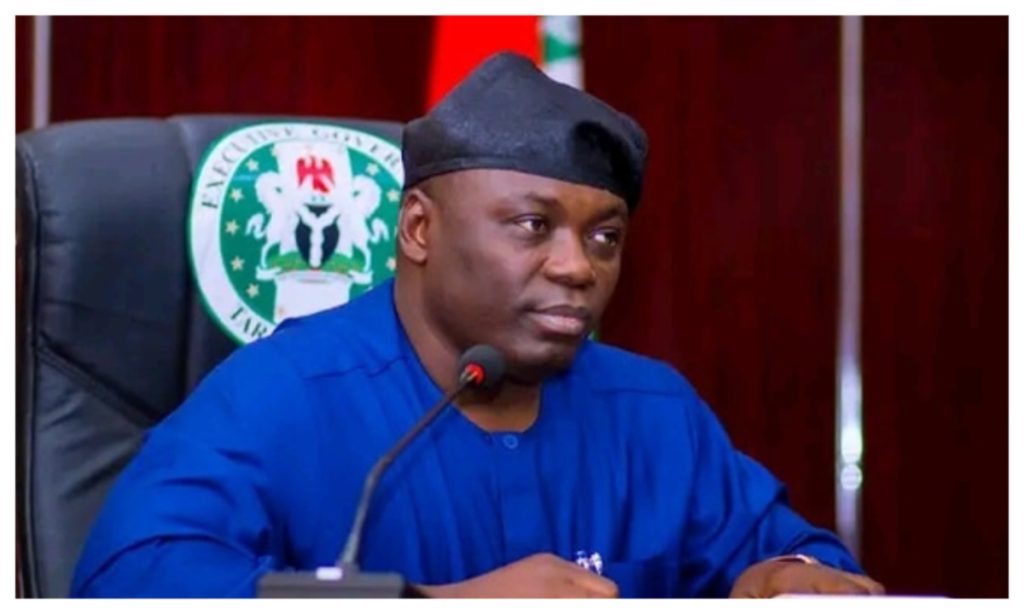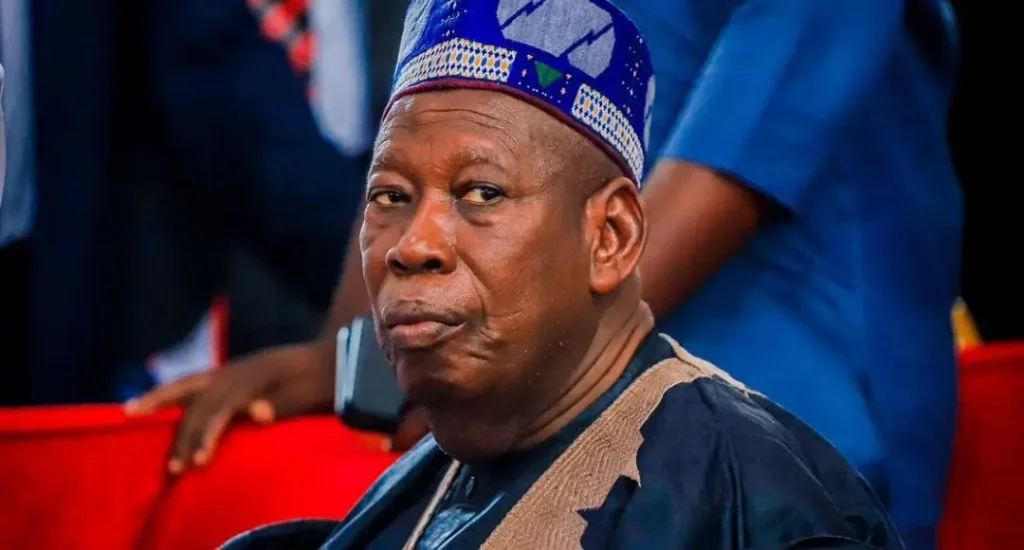The Africa Sovereign Carbon Registry Foundation is urging African nations to exercise their right to collect carbon contributions under the “polluter pays” principle. This call to action was made at the second Africa Climate Summit, held in Addis Ababa, where the foundation received official endorsement from the African Union. The summit highlighted Africa’s need for climate justice, as the continent is heavily affected by climate change despite contributing only a small percentage of global greenhouse gas emissions.
According to Paul Sébastien, an international carbon markets expert and member of the Africa Sovereign Carbon Registry Foundation, the key takeaways from the summit include the need for agile climate finance solutions and the importance of the “polluter pays” principle. This principle, reaffirmed by the 2015 Paris Agreement, allows sovereign states to require major greenhouse gas emitters to contribute to local climate adaptation or mitigation efforts.
The Africa Sovereign Carbon Registry Foundation is promoting Sovereign Carbon Initiatives, which enable African countries to collect carbon contributions from international polluters in the maritime and aviation industries. Djibouti, where the foundation was established, has been collecting these contributions since 2023 and has already funded around 50 adaptation projects, including solar-powered desalination units, ecological programs, and biodiversity protection initiatives.
Other countries, such as Gabon, are following suit, with the foundation engaging with additional African nations to familiarize them with this mechanism. The International Maritime Organization’s proposed global maritime tax, set to be voted on next month, has sparked debate, with the foundation supporting the ambition of a harmonized international carbon pricing mechanism while defending the right of African states to receive and manage part of these funds sovereignly.
The Africa Sovereign Carbon Registry Foundation seeks to collaborate with the International Maritime Organization and industry stakeholders to define a common approach aligned with their objectives and interests, while respecting climate justice principles and Africa’s sovereignty. As the IMO mechanism would not come into effect before 2028, the Sovereign Carbon Initiatives promoted by the foundation offer a bridge solution, enabling countries to generate funding almost immediately. This development is significant, as it allows African nations to take proactive steps towards addressing their climate emergencies and promoting climate justice.



